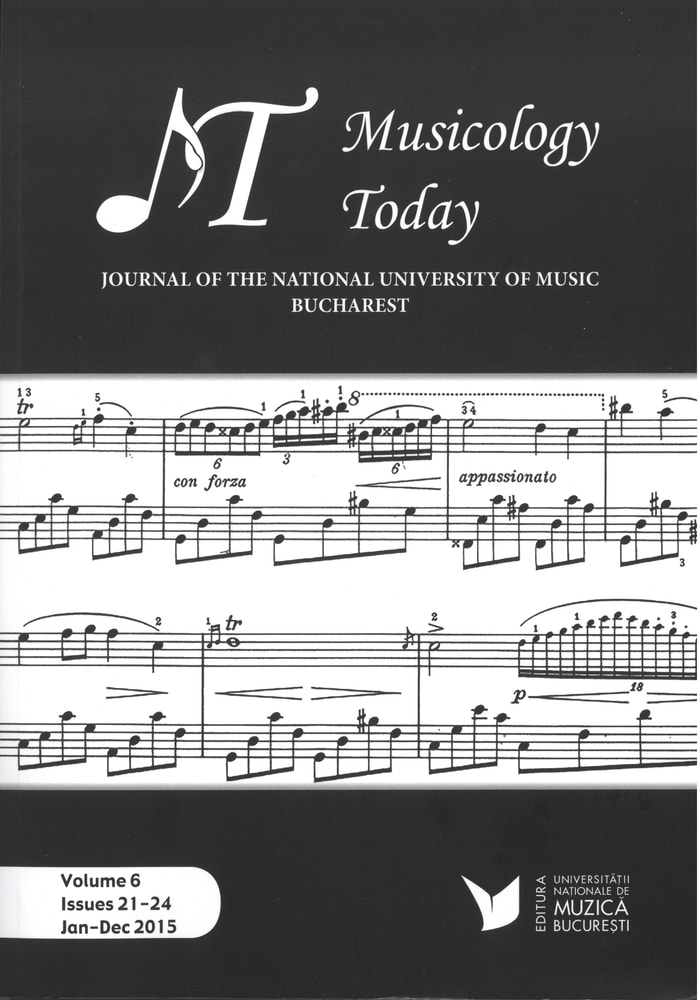The Lost Golden Age of Scriabin’s Early Posthumous Reception
The Lost Golden Age of Scriabin’s Early Posthumous Reception
Author(s): Lincoln BallardSubject(s): Music
Published by: Editura Universității Naționale de Muzică din București
Summary/Abstract: This article shatters the myth of Scriabin’s neglect post mortem by tracking the activities of performers and State officials who ensured his music’s sustained presence in Russia. Chief among them was Lenin’s Commissariat for Public Education, Anatoli Lunacharsky, who programmed and lectured on Scriabin’s music for Bolshevik festivals. Lunacharsky believed that communal art could enlighten and unify the masses, and he vowed to educate the public by celebrating their pre-Revolutionary cultural heritage. By selecting Scriabin’s music for political rallies and State anniversaries, Lunacharsky drew explicit links between the composer’s quest to enlighten the masses and Marxist-Leninist tenets. Helping Lunacharsky to execute his cultural mission was Arthur Lourié, who served as head of the State music division (MUZO) from 1918-1921. In private circles, Scriabin’s legacy benefitted from the efforts of Russian symbolist philosopher Viacheslav Ivanov. Like Lunacharsky, Ivanov believed that music was the art form best suited for social betterment, and he regarded Scriabin as a national hero whose music could heighten the public’s spiritual consciousness. Scriabin’s enduring popularity during this forgotten period deserves greater recognition, as it provides a long-overdue corrective to his early posthumous reception, and demonstrates that pre-Revolutionary culture was not entirely eradicated after 1917, but in fact provided the building blocks of early Soviet culture.
Journal: Musicology Today: Journal of the National University of Music Bucharest
- Issue Year: 6/2015
- Issue No: 23
- Page Range: 10-24
- Page Count: 15
- Language: English

